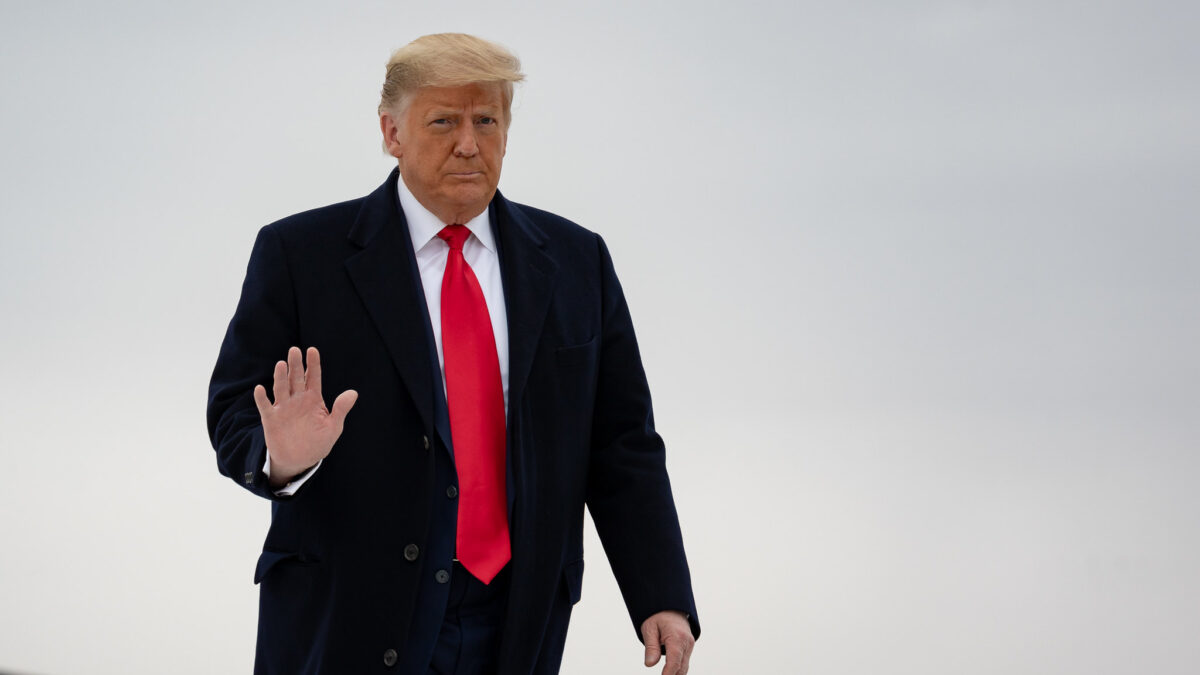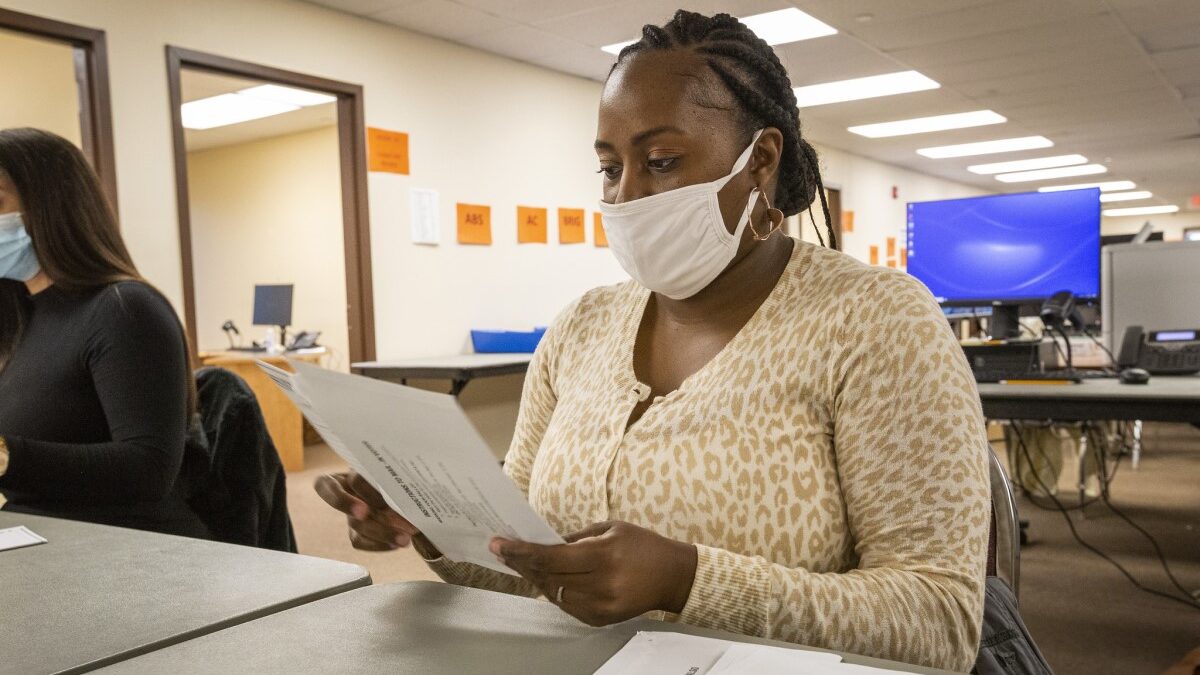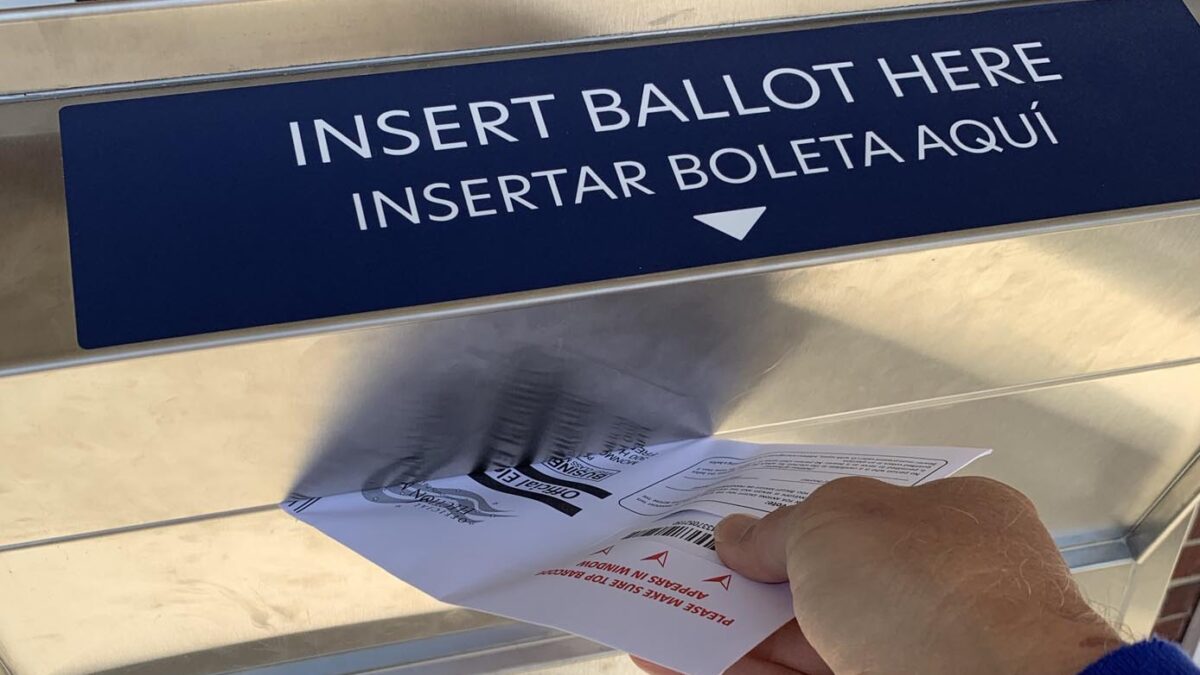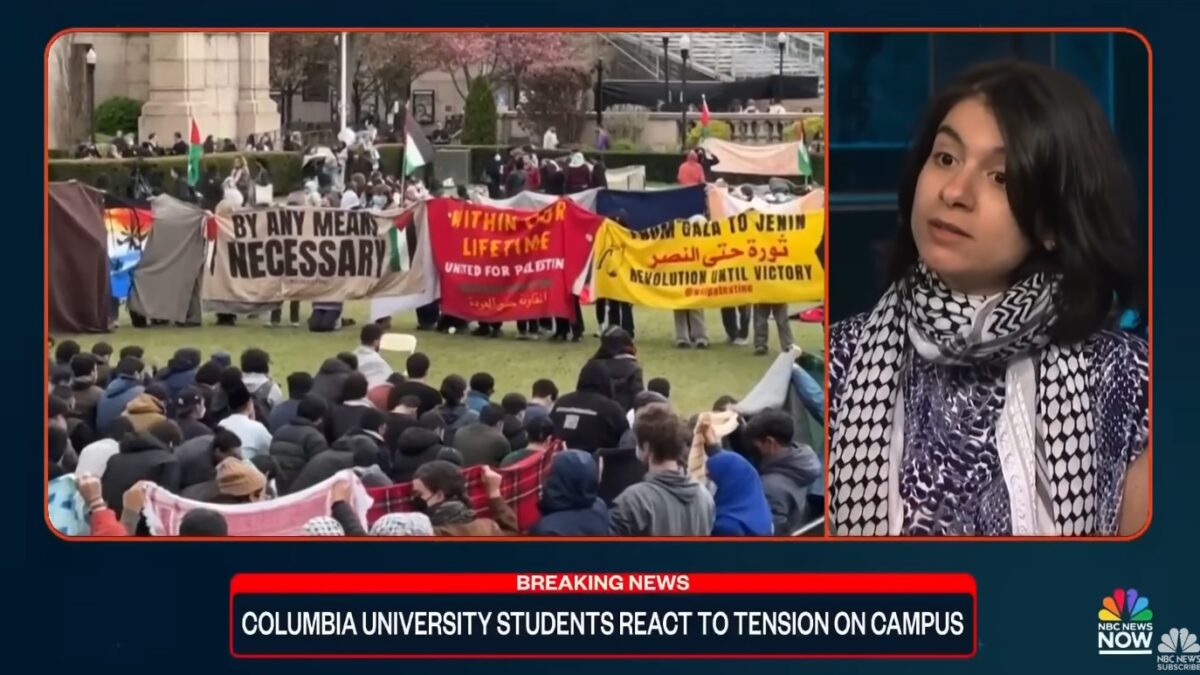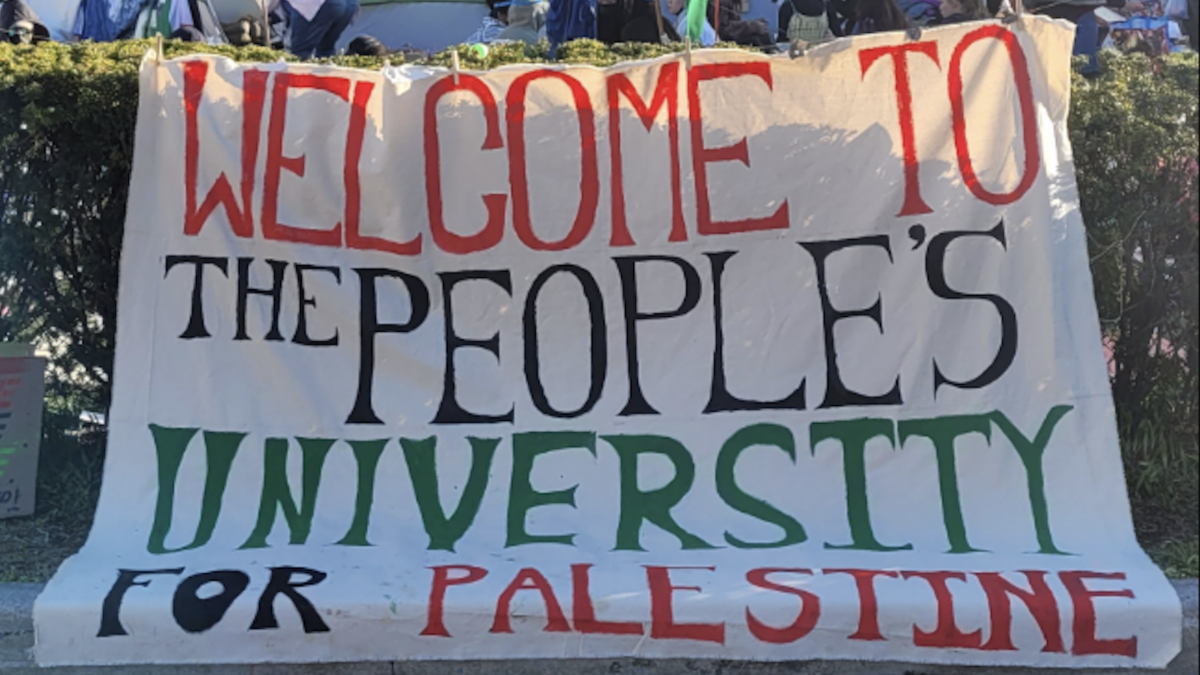President Obama’s team has added meat to his My Brother’s Keeper initiative, aimed at boosting poor, minority men. I had optimistic thoughts about this initiative back when Obama announced it. Men need some attention nowadays, and especially the least among us. Who could be against that, right? Especially people, like me, who believe it is our duty to care for the poor and needy.
But I’m heartily disappointed. Take a look at the “playbook for mayoral action” his staff issued to mayors—which, oddly enough, seems to not be on the White House website or anywhere else online. Its goal is to get communities “to implement a coherent “cradle – to – college – and – career strategy” for the lives of “their” youth. In the first place: Why should local mayors be getting guidance from or making pledges to the feds? (The Obama administration is also asking for pledges to follow federal dictates from local school superintendents in the service of “the transformation of public education.”) They should get guidance from me. That’s the point of having different levels of government—they’re responsive to different kinds of communities and thus have different responsibilities. If mayors and city councils are soon co-opted into the national government, why have them at all?
But I digress. To the playbook! The first thought that struck me in reading it is the doublethink. For one, check out all the “independent” initiatives the Obama administration is coordinating. This description seems definitionally challenged. Independent means apart from, not affected or influenced by others. Not “initiated and coordinated by one central planner.” Second example: The playbook sets forth a schedule for how local leaders are to carry out the president’s bidding. Thirty days after “accepting the challenge,” they are to “host a Local Action Summit with key stakeholders to assess needs and assets, determine priorities, and set concrete goals.” In other words, we know your goals and the “right” timeline for accomplishing them. That’s “local action,” according to the administration: Letting other people set your priorities and timeline for accomplishing them. In other words, “local” to them is another doublethink word that in practice means its opposite.
Information-Age Colonialism
The initiative also tells local leaders to start collecting intimate data on local kids for “community tracking.” How will our masters know if we’re obeying them unless they can track us? The enclosed “not exhaustive” list of data fields to fill includes: low birth-weight, child maltreatment, youth developmental screening, summer employment, children entering kindergarten ready to learn, exposure to violence, STEM [science, technology, engineering, and math] BA enrollment/completion, and youth with effective mentors (how they will measure “effective” is another scary thought). The plan must include “standards for tracking and sharing data across public agencies and community partners,” i.e. let’s co-opt private charities into quasi-government agencies by having them join local agencies in submitting to federal priorities.
How is this not Information-Age colonialism? Let us come in, tell local governments and private citizens what to do and how to do it, and demand they measure their progress according to our priorities instead of theirs, treating humans as data units for processing by their local government, which is really just an arm of the federal executive branch. The arrogance of this is breathtaking. And arrogance is far more than an attitude some people have. When people with power are arrogant, that arrogance is liable to become abuse. Tribal communities, who are particularly invited into this initiative, should above all understand this reality.
Young men in jail or statistically likely to go there do not need a softer social jail constructed for them by well-meaning busybodies. Part of their frustration, which often causes them to act out and hurt themselves and others, comes from always being victims, always being acted upon and never acting. They need to pursue a vision for their own bright futures that they (and no one else) have generated. This doesn’t mean no one can help, but it means that help does not equal usurpation. Help that feels like usurpation is only likely to exacerbate their dangerous feelings of helplessness.
Drowning My Sorrows in Sarcastic Poetry
So, in sadness at this drastically lost opportunity to let communities in need determine their own destinies and empower themselves, I have composed a rip-off poem in commemoration of the men who could have found hope, but instead get another kick to the soul while bureaucrats enrich themselves yet again on impotent projects my kids and grandkids will pay for, with compound interest forwarded to the Chinese. (Nothing against the Chinese, you understand—I just prefer for my kids to enjoy the fruits of their own labor and get to choose where to dispose them. Maybe that Chinese bill will come due right as their kids break an arm, or as they are just about to embark on that trip to Europe they’d scrimped for their whole lives.)
Big Brother’s my shepherd, I shall not want
(except for the meaning that comes from family, hard work, faith, and honest living).
He maketh me to lie down in government housing;
He leadeth me beside black markets for EBT cards so I can use my remaining cash to buy drugs and hooch;
He restoreth my indolence.
He leads me in paths of loneliness and wanton companionship
For his name’s sake.
Even though I walk in the valley of the shadow of birth control I have to buy myself
I will fear no evil, for Big Brother is with me;
His Affordable Care Act and neverending wars
will comfort me with unpaid promises and distract me with needless frenzy.
You prepare a table before me
in the presence of people who paid for it but don’t get to eat it.
You anoint my head with ineffective education;
my frustration overflows.
Surely other people’s debt and my own despair will follow me
all the days of my life,
And I shall dwell in the house of Big Brother
forever.


